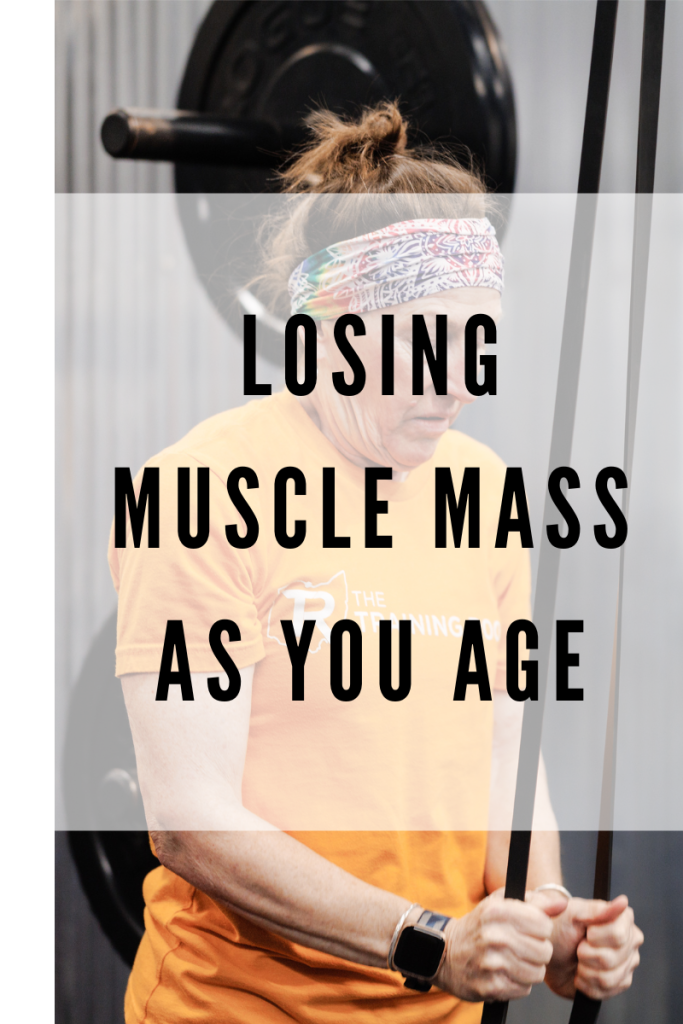As we age, one of the most significant changes in our bodies is the gradual loss of muscle mass, a process called sarcopenia. This decline typically begins as early as your 30s and accelerates after the age of 60. While it may seem like a natural part of aging, losing muscle mass can have serious consequences for your overall health and quality of life.
The Role of Muscle Mass in Your Health
Muscles are not just important for physical strength—they play a crucial role in various aspects of your health, from metabolism to mobility. Here are a few ways muscle mass impacts your health:
- Metabolism and Weight Management
Muscles are metabolically active tissues, meaning they burn calories even at rest. The more muscle you have, the more calories your body burns throughout the day. As muscle mass decreases, your metabolism slows, making it easier to gain weight and harder to lose it. This can increase the risk of obesity, which is linked to conditions like heart disease, diabetes, and hypertension. - Bone Health
Muscle mass and bone health are closely connected. When you lose muscle, it puts less strain on your bones, which can lead to decreased bone density over time. This makes you more susceptible to fractures and osteoporosis—a condition that weakens bones and increases the risk of breaks. - Mobility and Balance
Muscle strength is essential for maintaining mobility and balance. As you lose muscle, daily activities like climbing stairs, carrying groceries, or even standing from a chair become more challenging. Reduced muscle mass increases the risk of falls, which can lead to serious injuries, especially in older adults. - Joint Health
Strong muscles provide support for your joints. Without adequate muscle mass, the strain on your joints increases, leading to joint pain and osteoarthritis. This can further limit your mobility and decrease your quality of life. - Chronic Disease Risk
Sarcopenia is linked to an increased risk of chronic diseases. Research shows that muscle loss is associated with insulin resistance, leading to higher blood sugar levels and increasing the risk of type 2 diabetes. Low muscle mass is also connected to cardiovascular issues, as it reduces your heart’s efficiency.

How to Combat Muscle Loss as You Age
The good news is that muscle loss is not inevitable. You can slow down, stop, or even reverse this process with the right approach. Here are some key strategies to maintain and build muscle mass as you age:
- Strength Training
Resistance training is one of the most effective ways to combat muscle loss. Lifting weights or using resistance bands stimulates muscle growth and helps you retain strength. Incorporating strength training into your routine two to three times a week can have profound effects on maintaining muscle mass. - Protein-Rich Diet
Protein is the building block of muscles. As you age, your body becomes less efficient at using protein, meaning you may need to increase your intake to maintain muscle. Focus on lean proteins such as chicken, fish, eggs, and plant-based sources like lentils and quinoa. - Staying Active
Regular physical activity, such as walking, cycling, or swimming, helps to maintain muscle and joint health. The combination of aerobic exercise and strength training provides a comprehensive approach to supporting muscle mass and overall health. - Adequate Recovery
As you age, your body takes longer to recover from physical activity. Ensuring you get enough rest, sleep, and recovery time between workouts is crucial for preventing muscle breakdown and encouraging growth.
Conclusion
Muscle mass plays an essential role in your health and well-being as you age. While the natural process of muscle loss can lead to various health issues, maintaining an active lifestyle, incorporating strength training, and consuming a protein-rich diet can help you stay strong and healthy. By prioritizing your muscle health, you can reduce the risk of chronic disease, improve mobility, and enjoy a higher quality of life well into your later years.
If you want to learn more about how to preserve muscle mass and enhance your overall fitness, feel free to reach out to our personal training team. We can help design a personalized program that fits your goals and helps you stay strong for life!

Recent Comments